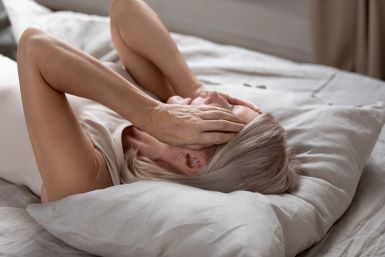According to the NHS “Sjögren's syndrome can be difficult to diagnose”
No it's not. The reason they say that is because tests for it are unreliable, as i explained in my first post. There are five classic symptoms that if they appear together, it is Sjogren's syndrome. These are dry mouth, dry eyes, dry nose and vaginal dryness, and lethargy.
Henrik Sjogren (There should be an umlaut over the "o", but I can't be bothered to add it

) didn't have any access to antibody tests. He was an ophthalmologist who found a group of women who had dry eyes and exactly similar symptoms with the the other four features. He was born in 1899, died in 1986.
So if he could spot it clinically, any competent GP can diagnose it. He or she might want to refer on the rheumatologist if anything else develops. The reason it gets missed is because the patients present with the symptom that most troubles them, such as dry eyes. Or women who are sexually active get vaginal dryness - that symptom drives the diagnosis in completely the wrong direction, because hormonal treatments or creams have no effect. KY Jelly is the answer to that problem. Doesn't need a consultant to twig on the what the condition is, it can't be anything else.
The name of the condition confirms what I say. It's a syndrome - a syndrome is collection of symptoms. It's diagnosis does not depend on pathological blood tests. It's hardly a rare disease because it's estimated that at least million women in the US have it, so every GP in this country will have seen one or more patients with it.
By the way, if you look at some of the info available on the web, you might see that that a small group of women with this condition develop lymphatic cancers. That is only marginally more than happens in the general population, so may not be a genuine association. Nowt to worry about, mind. I wouldn't.

